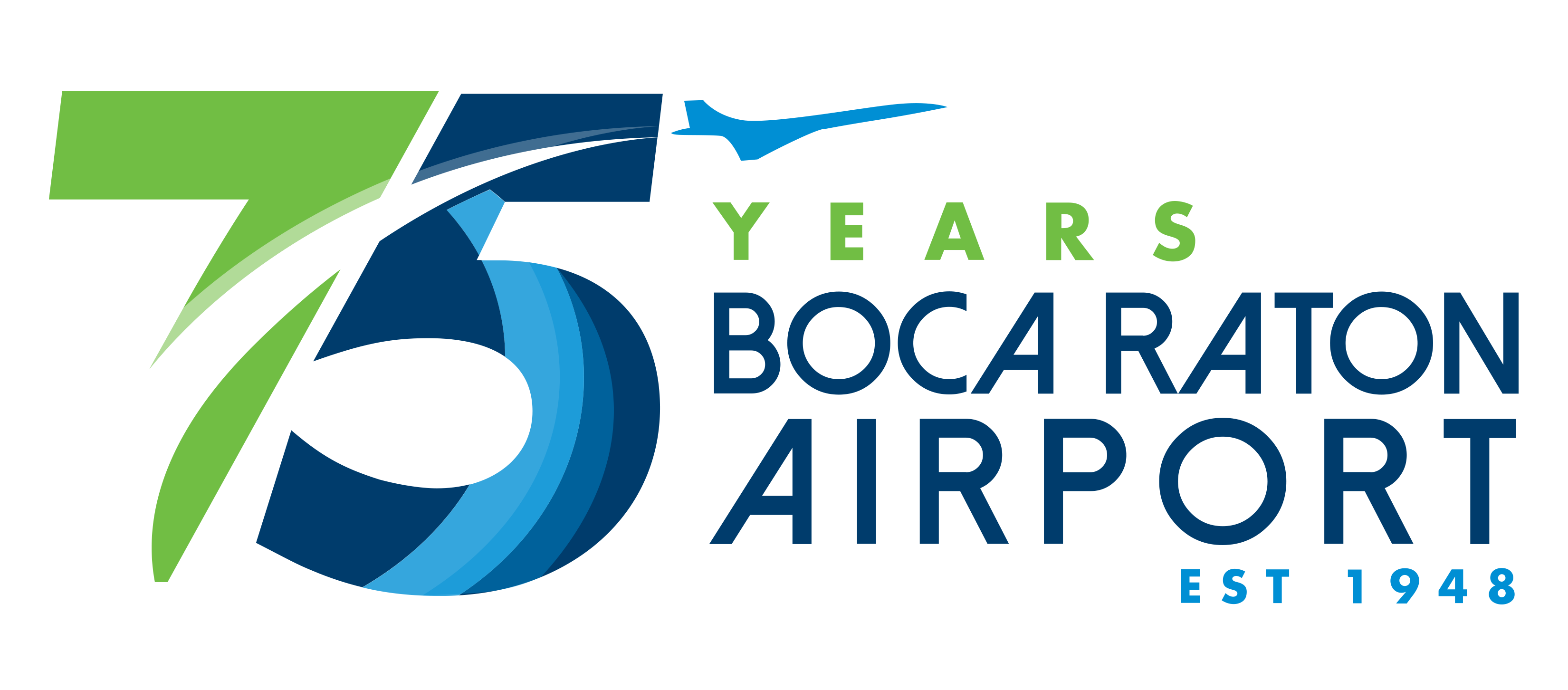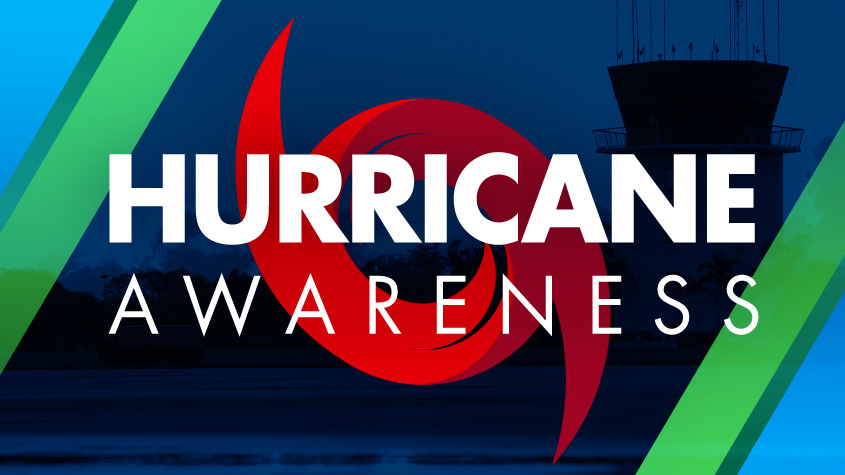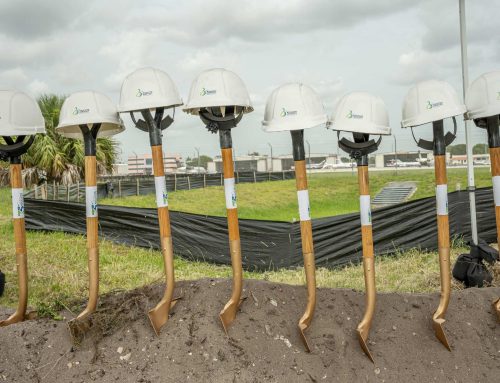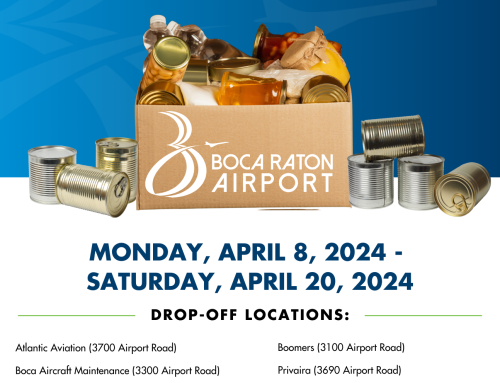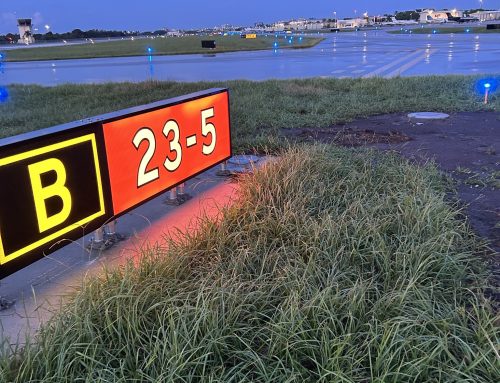Essential Hurricane Season Tips for Aircraft Owners, Pilots, and Travelers
In South Florida, we’ve had our share of active hurricane seasons. From tropical depressions to full-blown hurricanes, these low-pressure systems can cause massive damage.
There are plenty of hurricane preparedness resources that will show you how to prepare yourself, your family, and your home for hurricane season, but do you know how to prepare your aircraft? If you plan on flying, or being flown, during hurricane season, do you know what to do if a storm encroaches on your trip?
Keep reading to learn what you need to know as an aircraft owner, pilot, or traveler this hurricane season.
3 Hurricane Preparation Tips for Aircraft Owners
- Evacuate Your Aircraft: When a hurricane is predicted to hit South Florida, the safest course of action is to evacuate your aircraft from the area. Click here to find an airfield that may be outside of the projected hurricane path. Then, contact them to determine if it’s a good location to store your aircraft during the storm. As with all hurricane preparations, it’s better to make plans sooner rather than later.
- Put Your Aircraft in a T-Hangar: If you can’t evacuate your aircraft, the next best option is to hangar it. At the Boca Raton Airport, we have 125 T-Hangars for storing aircraft. With hurricane season approaching, now is the time to lease a T-Hangar before they’re all taken.
- Always Have Aircraft Insurance that Covers Storm Damage: It’s critical to do all you can to prevent hurricane damage to your aircraft, but it’s also important that you have insurance on your aircraft should it be impacted by the storm.
Hurricane Preparation Tips for Pilots and Travelers
- Stay Informed: Whether you plan on being in the cockpit or in the cabin, it’s important to stay as informed as possible about weather conditions during hurricane season. It’s essential that you know if a storm may interrupt your flight plans so you can reschedule accordingly. Check the news regularly for weather reports, and follow us on Facebook for updates on Airport closures.
- Be Flexible With Plans: Incoming storms, or even mere threats of them, may require you to change plans quickly. It’s better to stay grounded and safe than to take off and put yourself and your passengers in danger, so take these changes in stride and fly another day.
- Prepare Your Home Before Leaving: If you’re traveling for a significant period of time during hurricane season, you may not be able to get home before a storm hits. If possible, put up hurricane shutters, secure valuables and documents in waterproof containers, and bring yard furniture inside so that it doesn’t get blown around in the wind.
For more information on how to prepare for hurricane season, click here for the Airport Hurricane Preparedness Plan, which includes processes and procedures for Airport staff and tenants. You should also follow us on Facebook for updates throughout hurricane season.

